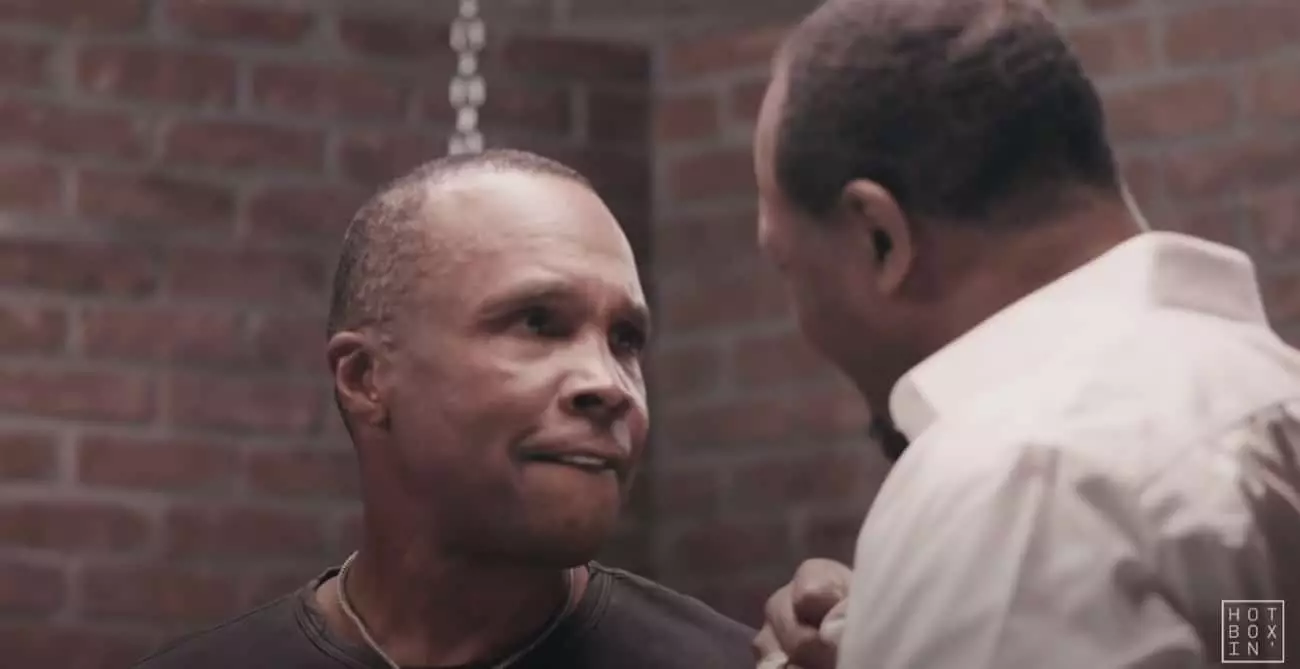As fans of boxing gear up for the July showdown between WBC welterweight champion Mario Barrios and legendary figure Manny Pacquiao, anticipation hangs palpably in the air. This bout is steeped in not just the thrill of competition but the heavy concerns surrounding Pacquiao’s age and inactivity. At 46 years old, after a four-year hiatus from the ring, questions abound regarding his capacity to perform at the elite level once again. This sentiment is widely echoed by fans and experts alike, who worry that for Pacquiao, the risks may outweigh the rewards.
Yet amid this tumultuous backdrop, boxing great Sugar Ray Leonard lends his voice of both experience and optimism. Leonard’s return to form against Marvin Hagler still resonates today as a testament to defying expectations. When he asserts that “maybe Pacquiao can do it,” it’s a message that elicits mixed reactions. While optimism can serve as a motivational tool, it raises valid concerns about whether hope can replace experience and readiness in the ring.
Age: A Double-Edged Sword
One of the most significant factors that differentiates the two champions is age. Leonard’s successful return at 30 gave him a physical advantage and a youthful resilience that Pacquiao simply lacks at this point in his career. The truth is that time is rarely on the side of athletes, particularly in a sport as physically demanding as boxing. While Leonard’s youthful vigor enabled him to re-enter the ring effectively, Pacquiao’s return carries a darker cloud of doubt due to his age.
However, Leonard’s comments hint at an unquantifiable essence that exists within the sport: the courage and heart of a fighter. Boxers often possess an unrivaled determination to rise against the odds, and Pacquiao embodies this spirit. The question remains: Can he channel this emotion into a performance worthy of a champion, or will the physical limitations imposed by age render him vulnerable against an opponent like Barrios?
Financial Motivations and Legacy
Another crucial aspect of this bout lies in the financial motivations behind Pacquiao’s return. Unlike Leonard’s comeback, which was rooted in passion rather than monetary incentives, Pacquiao’s decision appears tied to economic factors, including reports of financial hardship post his failed presidential run in the Philippines. The implications of this serve not only as a motivating force but raise ethical questions about the integrity of a legend returning to the sport, potentially placing his health on the line for monetary gain.
Critics argue that it undermines the sanctity of boxing when a fighter, especially one with Pacquiao’s legacy, is potentially driven by financial necessity rather than the pure competitive spirit of the sport. It poses the question: Is this fight about making history, or merely a paycheck? Moreover, could this motivation impact his mental sharpness and focus in the ring?
Psychological Warfare: The Mental Game
Ultimately, Leonard posits that the psychological aspect of boxing could very well be the tipping point. “You have to have that heart, that feeling,” he states, emphasizing that a fighter’s mental state is just as crucial as their physical prowess. In the realm of boxing, where mental fortitude often determines victors, one must wonder if despite his age and economic motivations, Pacquiao possesses the fervor needed to reclaim his glory. If anyone can speak to the intricacies of mental strength, it is Sugar Ray Leonard, a fighter who has not only faced foes in the ring but has also navigated the challenges posed by his own doubts. The outcome of Pacquiao’s fight against Barrios is yet to unfold, but the layers of narrative surrounding it add a rich depth to the allure of the bout.

